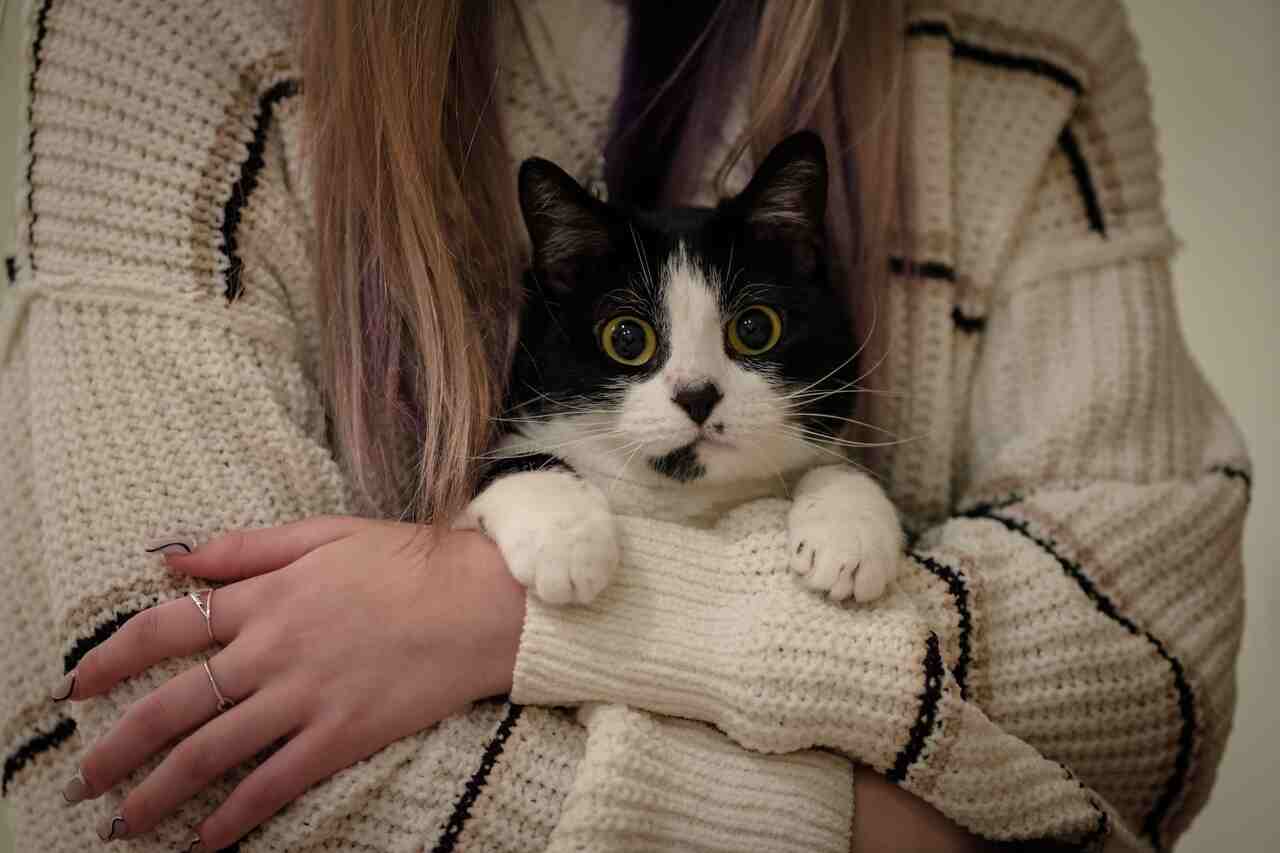
Cats are excellent at hiding their pain, making early disease diagnoses a real challenge for owners. However, if your cat has suddenly changed its behavior, this could be a sign to schedule a veterinary appointment.
+ Videos show that cats have no patience with human babies
+ Affection aids in the diagnosis of tumors in dogs and cats; understand
According to veterinarian Nameeta Nadkarni, behavioral issues related to the litter box are often apparent in cats. “Many cat owners mistakenly attribute instances of urination or defecation outside the litter box to spite, but this isn’t always the case,” she stated to Mint Lounge website.
She mentioned that while male cats occasionally mark their territory by doing their business outside the litter box, unusual behavior can also indicate a urinary tract infection or digestive disorder.
Sudden aggressiveness also serves as an indicator of underlying illness, as pain can trigger aggressive behavior, according to the expert. “If your feline companion starts hissing during previously tolerated activities or while being handled, it may signify a medical issue rather than a behavioural quirk.”
The sudden onset of compulsive behaviors can be indicative of underlying issues. However, compulsive behaviors that manifest abruptly can also signify deeper emotional or psychological challenges.
Excessive grooming, for example, often emerges as a coping mechanism for stress. In such situations, positive reinforcement, behavioral training, and occasionally medication may be necessary to address and alleviate underlying anxieties.
With this in mind, deciphering feline behavior is crucial to identifying potential health problems, according to Nadkarni. From litter box preferences to compulsive behaviors, these actions serve as indicators of a cat’s well-being. “Address these issues promptly, and ensure lifelong well-being,” added the veterinarian.

